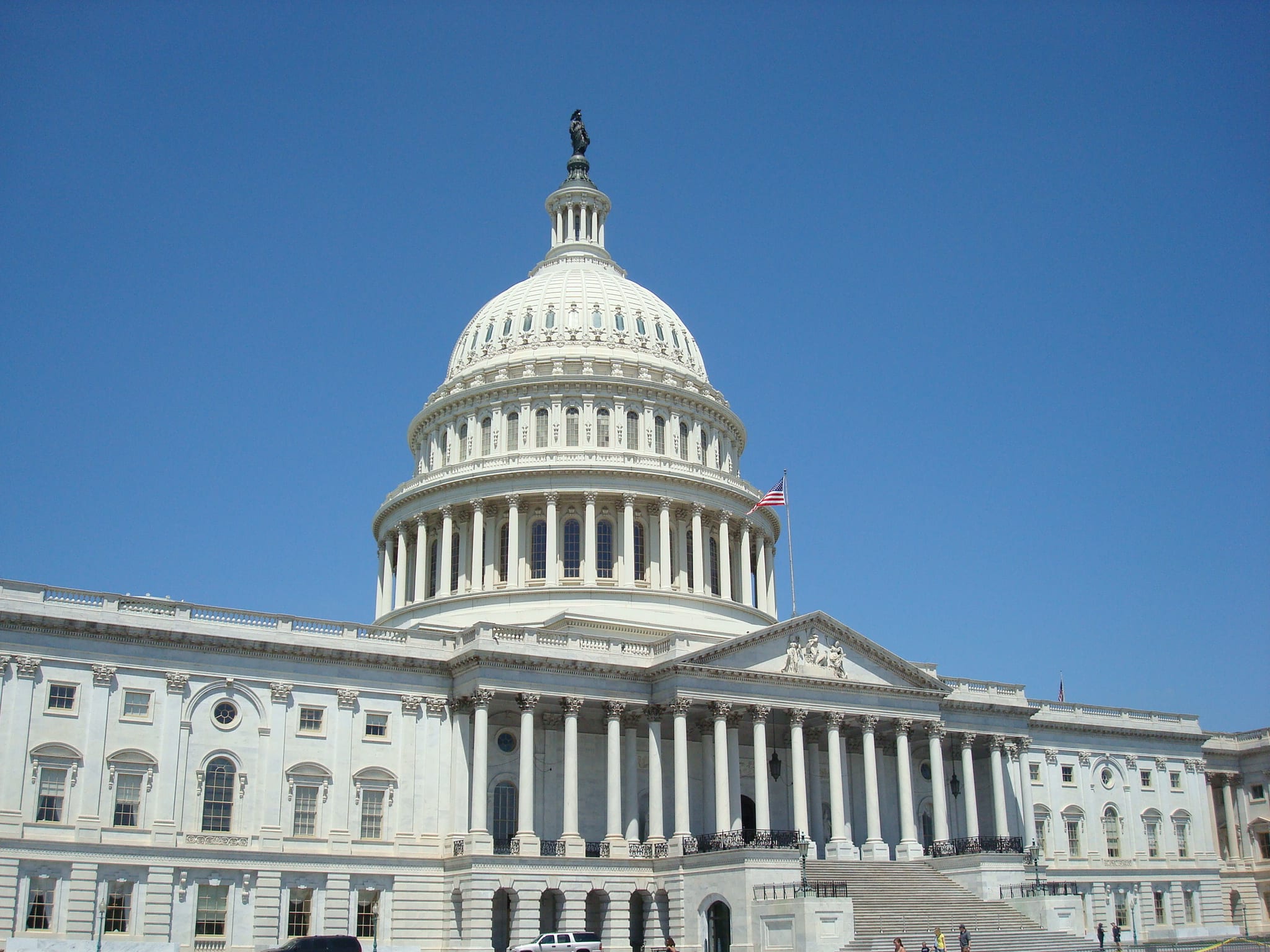
Taxpayer Watchdog Slams GOP for Bringing Back Earmarks
Taxpayers Protection Alliance
March 17, 2021
FOR RELEASE: IMMEDIATE
Contact: MacKenzie A. Morales | 615/512-3936
March 17, 2021
Washington, D.C. – The Taxpayers Protection Alliance (TPA) strongly opposed the House Republican Conference’s decision to reverse their internal ban on earmarks. This decision will inevitably lead to wasteful, crony spending on a much larger scale that will plunge the country deeper in debt.
In response, TPA President David Williams offered the following comment:
“This is an embarrassing and shameful vote for Republicans. With this vote bringing back earmarks, the GOP has given up on being the party of fiscal responsibility. Earmarks are corrupt giveaways that unnecessarily burden American taxpayers. Former members of Congress including Randy ‘Duke’ Cunningham (R-Calif.) were sent to jail for accepting bribes to secure earmarks. Disgraced lobbyist Jack Abramoff also spent time in jail in connection with earmarks promised to clients. When earmarks are allowed, corruption and convictions soon follow. Former Sen. Tom Coburn (R-Okla.) called earmarks are the ‘gateway drug to a spending addiction.’ He was 100 percent correct.”
Williams continued, “Some of the most egregious examples of earmarks include: $50 million for an indoor rain forest in Iowa; $500,000 for a teapot museum; and $100,000 for the Tiger Woods Foundation. The party of ‘draining the swamp’ just opened the floodgates to fill it. We urge members of the Republican Conference to remember their promises to voters and to work in their best interests instead of saddling them with more debt in service of a narrow political agenda.”
Williams concluded, “Republicans who voted to bring back earmarks should be ashamed of themselves and are obviously more concerned about their own power rather than the fiscal well-being of the country.”
###
Taxpayers Protection Alliance (TPA) is a non-profit, non-partisan organization dedicated to educating the public through the research, analysis and dissemination of information on the government’s effects on the economy.
